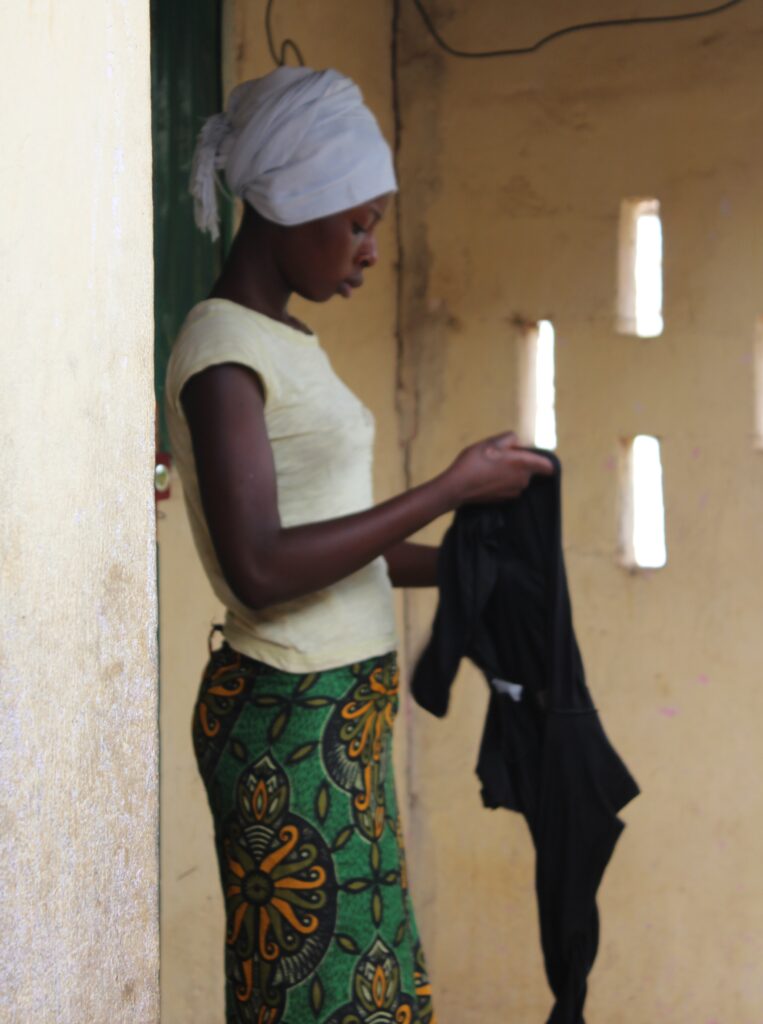
Infertility is probably one of the most overlooked health issues in the developing world, yet up to one in three couples suffer from it. Infertility often has major psychological and socio-economic consequences.
The inability to conceive is often considered not only a personal tragedy, but also a curse for the couple, and this may impact on the entire family and even the local community. Infertility can create many problems, particularly for the woman, in terms of stigma, economic hardship, social isolation, and even violence.
In many countries, children are a family’s future financial security. As they themselves look after and care for their elders, people count on their children to help look after them in their later years. In the absence of social security systems and without any kind of pension, without children your future may be very grim and insecure.
Though men too may suffer tremendously, the blame, shame and burden of a couple’s inability to conceive usually falls disproportionally on the women. Women who remain childless may be seen as a burden on the socio economic well-being of communities. Childless women are often blamed and suffer from stigma, discrimination and even violence.
The man may divorce her, or if their culture permits polygamy ‘take another wife’. She may be seen as an evil eye, a shameful subject, and banned from any family and community activities. Sometimes these women are seen as ‘bewitched’, and face tremendous violence as the family or community members try to ‘beat the witch out of her’.
Facing social isolation and ostracism, childless women often consider that without children, their lives are without purpose, and without hope.
Unlike the Western world, where infertility is openly discussed and help and information is widely available, in many third world societies the topic is taboo, and help is scarce.
This situation is further saddened by the lack of support these women face, both emotional and financial. Women are not encouraged to seek medical treatment and modern fertility care, if at all available is very basic. Assisted reproductive techniques such as IUI and IVF are either very costly or simply unavailable.
Combined with the widespread lack of insurance coverage, seeking fertility care often means a lonely path for women wishing to conceive.